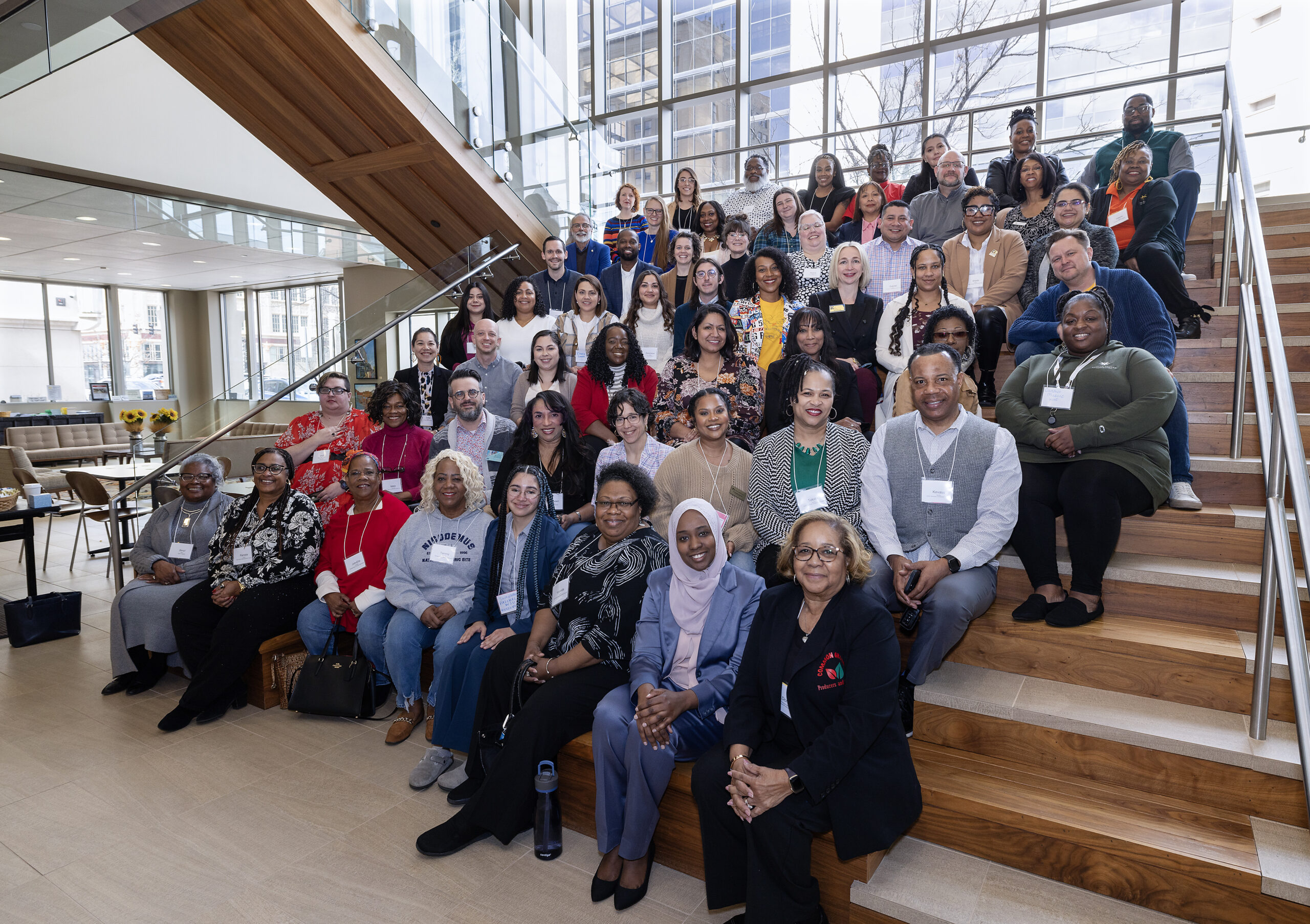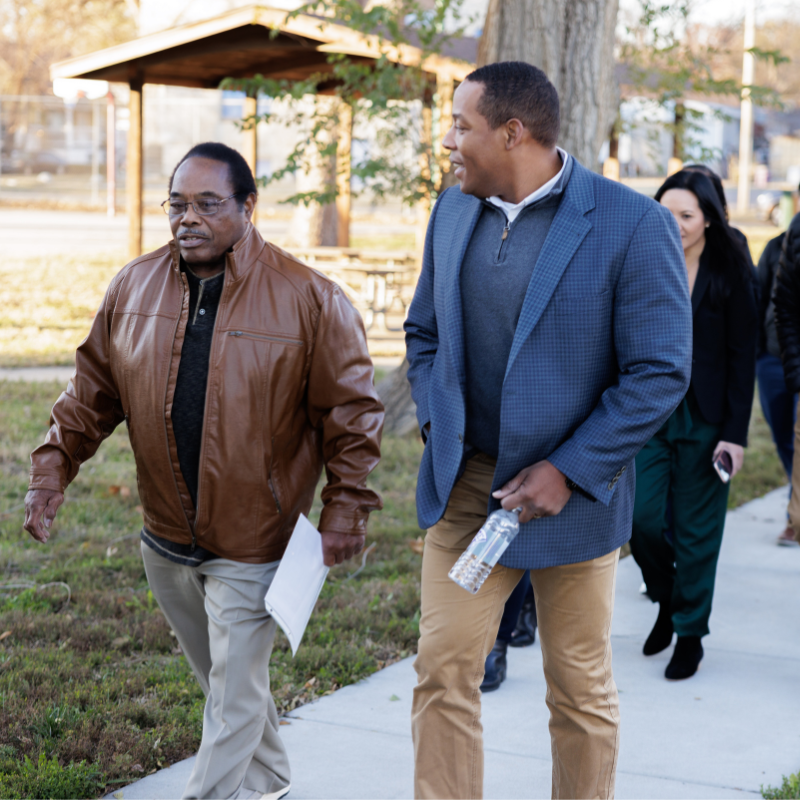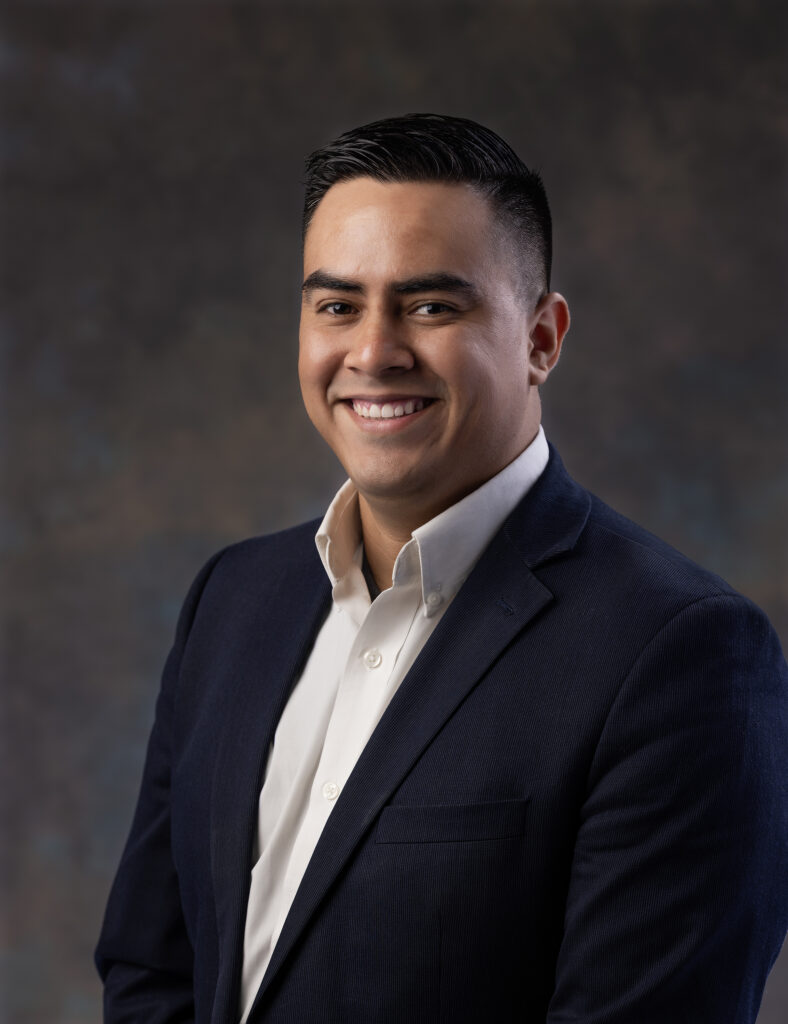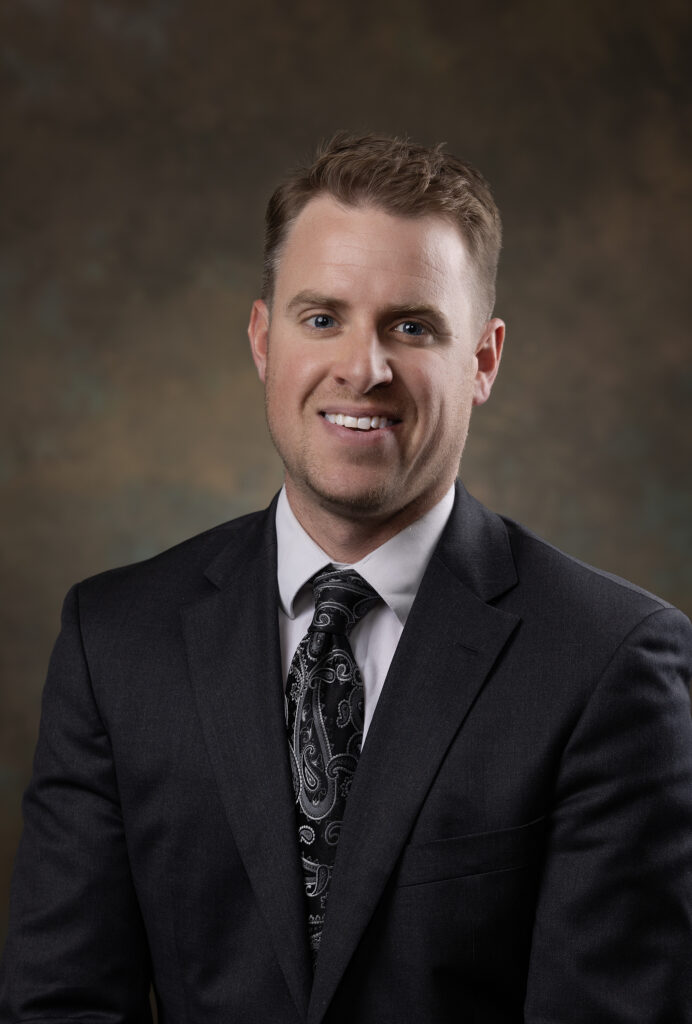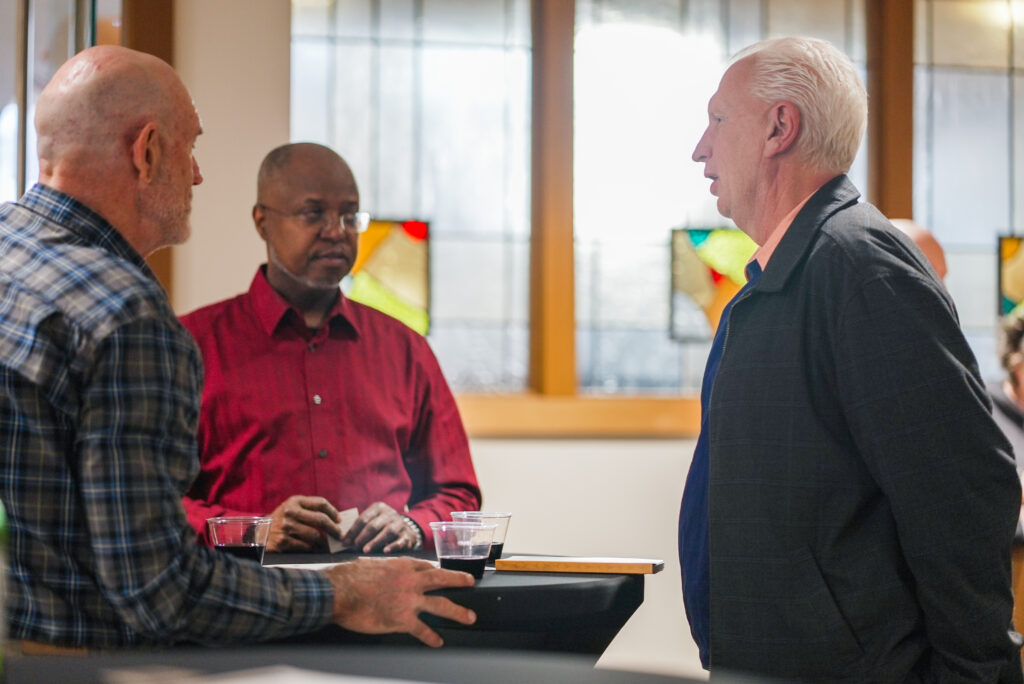- Initiatives
Initiatives

If you truly want to see how KHF spends its time, energy and resources, we invite you to view the active initiatives happening throughout Kansas.
- Opportunities

Opportunities
Learn more about what opportunities mean at KHF, including for both funding and participation.

Current Opportunities
At any given time, we may have multiple available opportunities. This could include grants, sponsorships or when we seek your opinions.
- News & Views
News and Views
Want to see our latest news releases? Interested in insights and opinions from our team members? This is the place to find it all!

News
See the latest news releases from KHF, including information on initiatives, opportunities and people.
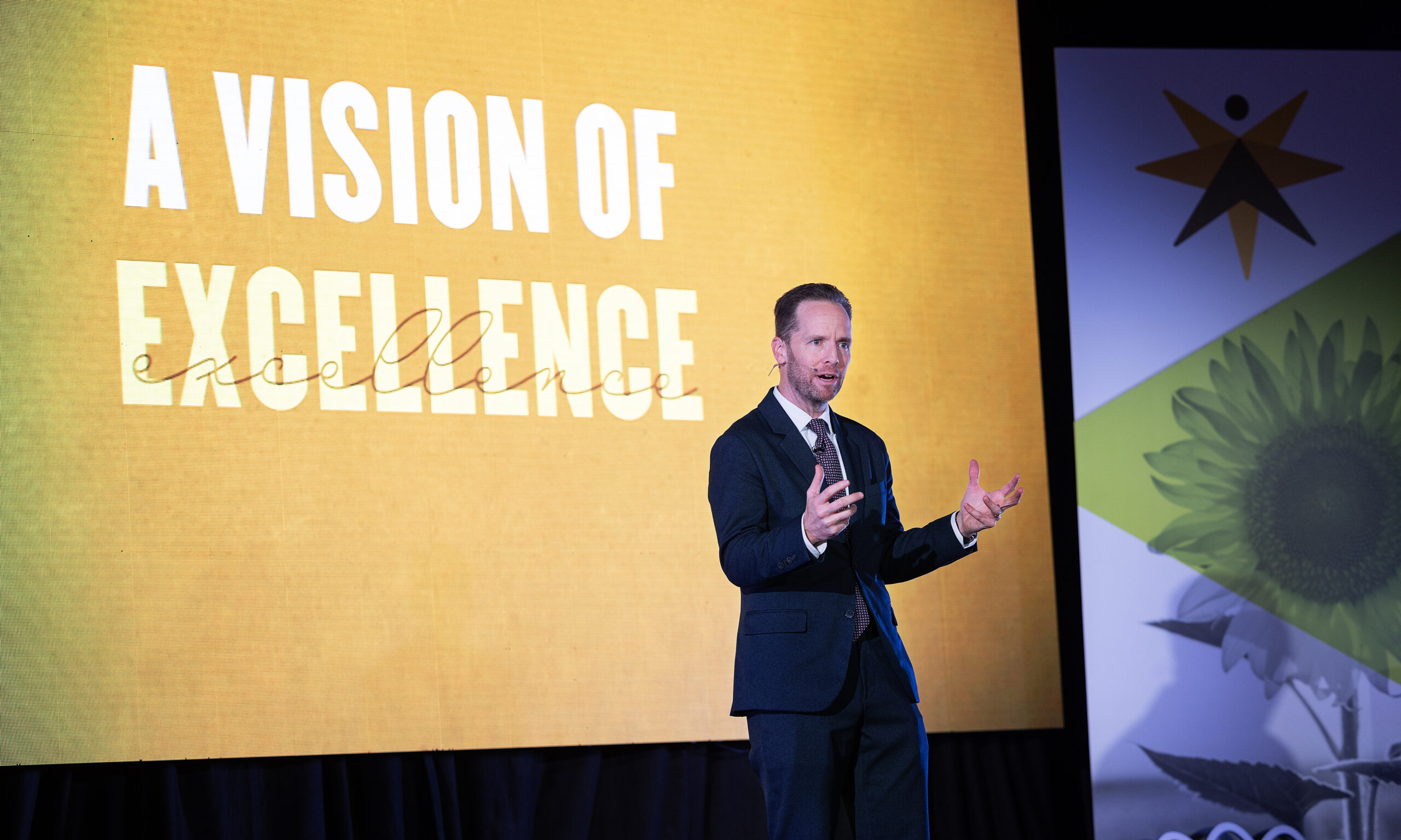
Blog
Whether it's our staff or our board, the people associated with KHF have unique expertise and insights. Through this blog, you can read more about the topics that are important to us.

Stories
Want to know about the impact our partners are having across the state? Here, we try and share stories of impact and effort taking place each day.
- About Us
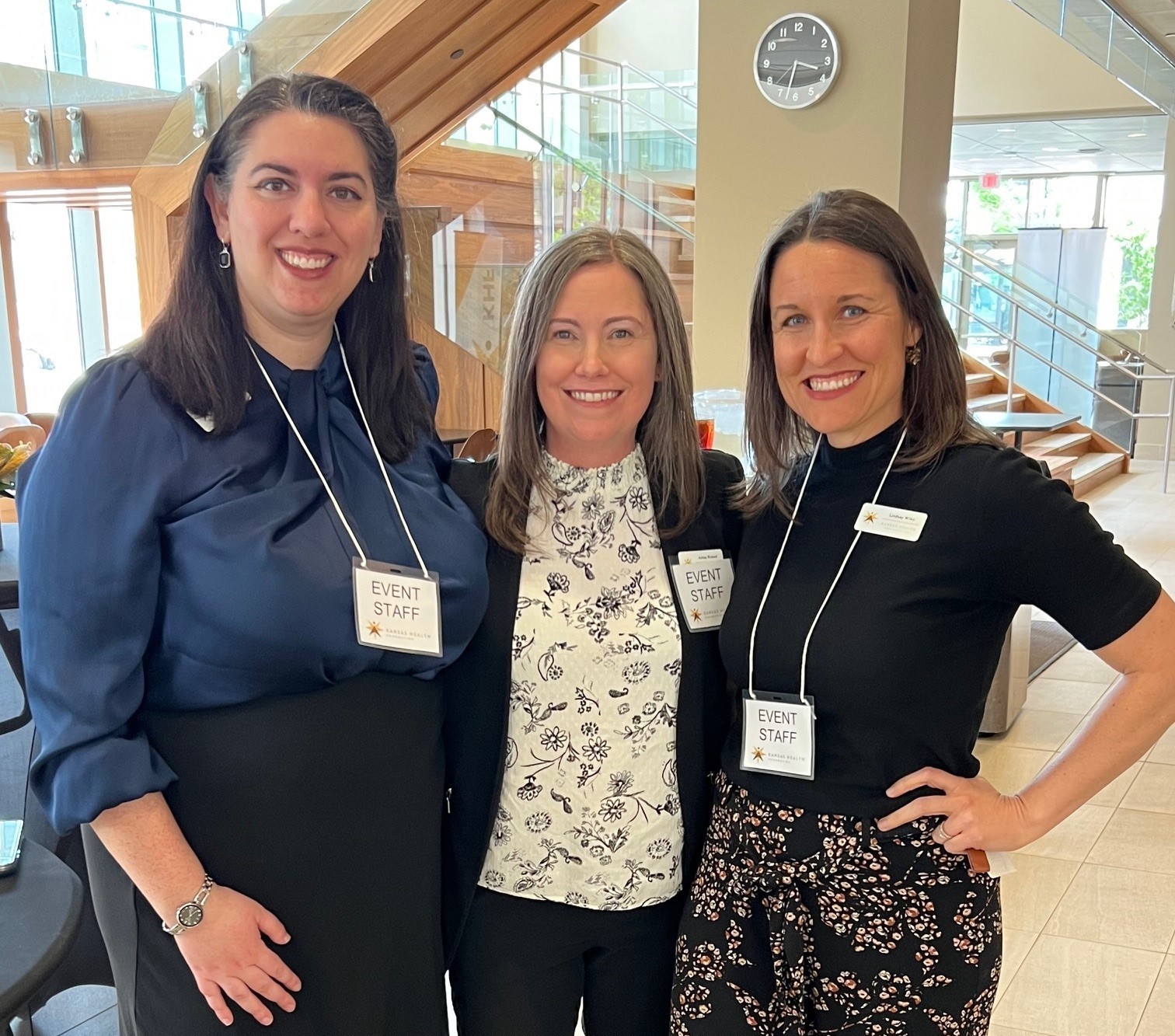
Who We Are
See a high-level overview of our work, our strategies, our team and our history.
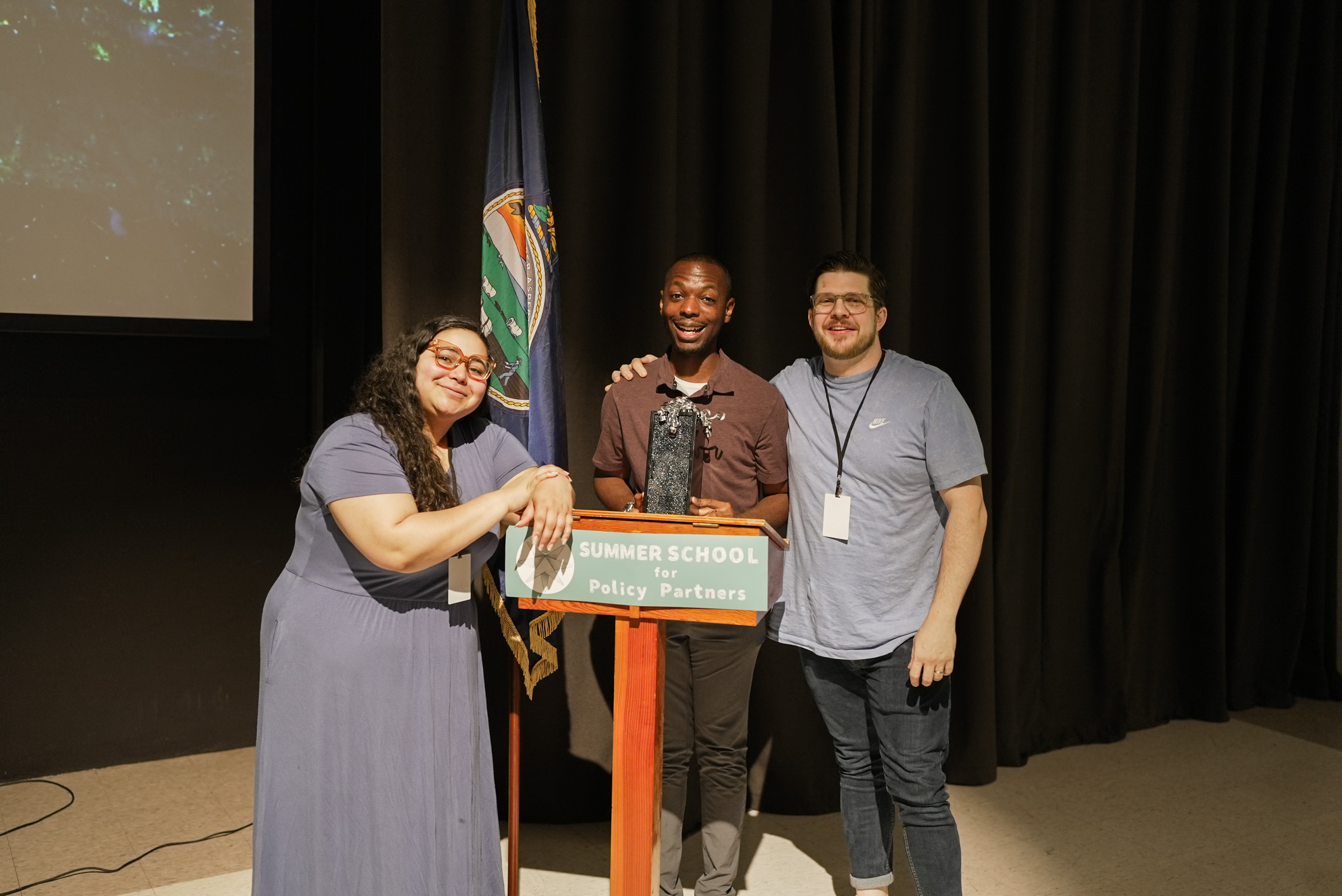
Our Team
Learn more about the people that make KHF a place of both impact and enjoyment.

Financial Information
We try to always be effective stewards of the KHF endowment. Learn more about our finances and how they're managed.

Careers
Check here to see of any job postings and more information about working with us.
Blog
Categories
Blog
Invest in Your Board, Strengthen Your Mission
Invest in Your Board, Strengthen Y...
Boards are one of the most important audiences for any organization. They have the capacity and knowledge required to drive your mission.
A Bold Path Forward
A Bold Path Forward
Midwesterners through and through, we are humble and kind. But we’re also gritty, hardworking folks. We care about our neighbors and our neighborhoods. We are visionary, and we’re down-to-earth.
Committing All of Our Assets to Kansas Health
Committing All of Our Assets to Ka...
Kansas Health Foundation is committing additional capital to support ideas that are driving health forward in Kansas through impact investing.
Grassroots Orgs Lead the Way to Health Equity in Kansas
Grassroots Orgs Lead the Way to He...
Our commitment to this work led us to a powerful truth: we cannot do it alone. And, in fact, we should not do it alone.
What I Learned In Serving My Community
What I Learned In Serving My Commu...
I have learned that civic engagement is more than just voting, serving on a jury, or attending a public meeting.
Love and Dominoes
Love and Dominoes
When civic dialogue is needed the most, how can a community engage in informal, yet still impactful ways?
Uniting Voices, Data and Action for Policy Change
Uniting Voices, Data and Action fo...
Action is the driving force behind FuseKS, an annual event by the Kansas Health Foundation to convene advocates, funders, policy implementors and policymakers to enact policy changes that improve the health of all Kansans
Advice on Building Strong (Professional) Relationships
Advice on Building Strong (Profess...
Building relationships is essential for any organization to make progress.
Our Commitment to Eliminating Health Inequities
Our Commitment to Eliminating Heal...
At Kansas Health Foundation, we know that the health of one affects the health of all, and we are committed to eliminating the inequities that cause the greatest health disparities in our state.


